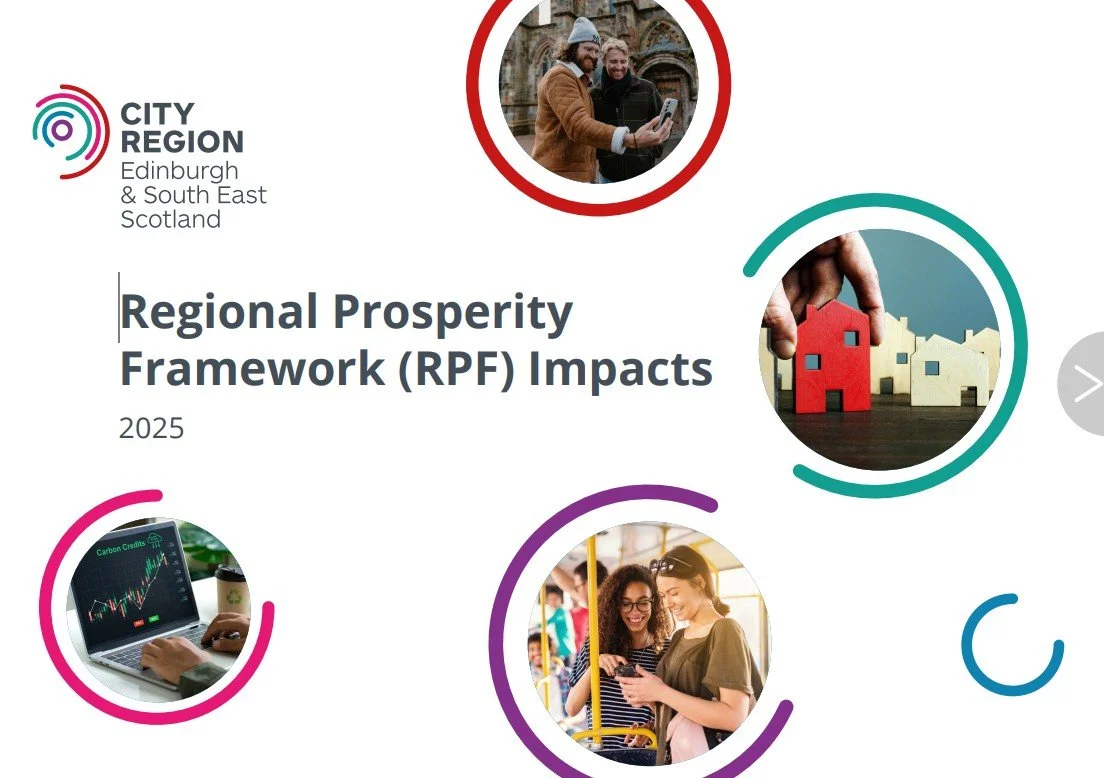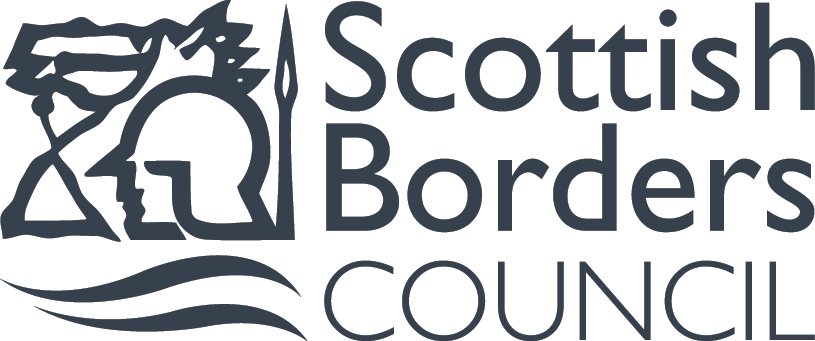regional Prosperity framework
The Regional Prosperity Framework (RPF) was approved by the Edinburgh and South East Scotland City Region Deal Joint Committee on 3 September 2021, and its Delivery Plan was approved by the same Committee on 3 March 2023.
RPF
The RPF, published in September 2021, set out the next phase in the development of Edinburgh and South East Scotland’s regional economy, building upon the foundations of the City Region Deal. It was designed to be a single document to help shape where public and private investment, including UK Shared Prosperity Fund, could make the best contribution to drive the region forward in a sustainable and inclusive manner.
Download the Regional Prosperity Framework (RPF) [PDF, 2.3 MB]
Delivery Plan
The RPF Delivery Plan, published in March 2023, set out an ambitious and dynamic series of four key programmes to deliver the region’s ambitions: Green Regeneration; Infrastructure for Recovery and Prosperity; Visitor Economy and Culture; and Data Driven Innovation (DDI) Economy.
These programmes will enable the city region to maintain and enhance its global reputation and become the data capital of Europe, delivering sustainable and inclusive growth.
Where funding and resource have been made available, the RPF has already enabled meaningful progress. Partners have prioritised projects, drawn on existing resources, and pooled more than £1.2 million of UK Shared Prosperity Funding and other leveraged funding to deliver progress across several priorities in the RPF Delivery Plan.
Future Priorities 2025-27
The ambitious 20-year economic framework has a vision:
To build upon becoming the data capital of Europe.
To ensure the social and economic benefits of this capability extend to all. All sections of the community will have the opportunity to develop the key skills that will help to end inequalities in our society.
To protect our environment and make best use of our extraordinary built and natural assets, ensuring that the Edinburgh and South East Scotland City Region delivers a just transition to a net zero economy.
To deliver positive outcomes that enhance our local, national, and international reputation through our ancient and modern institutions.
Last updated: 20 May 2025
Two Year Review









